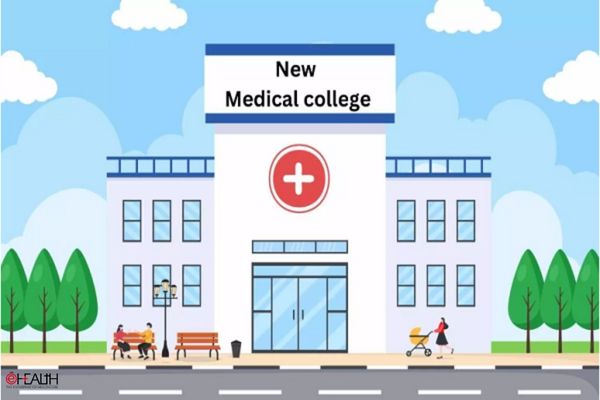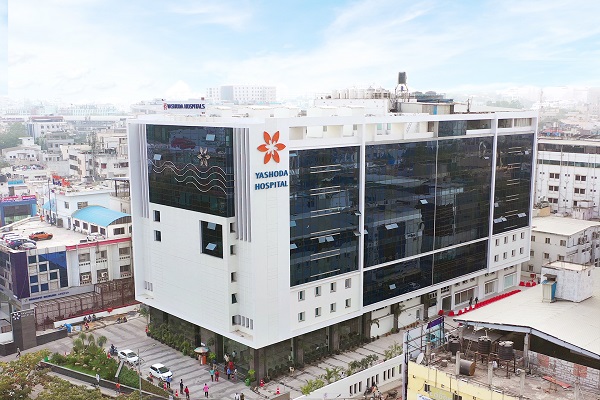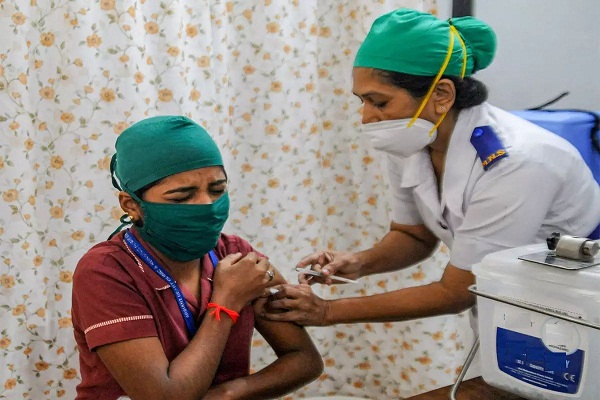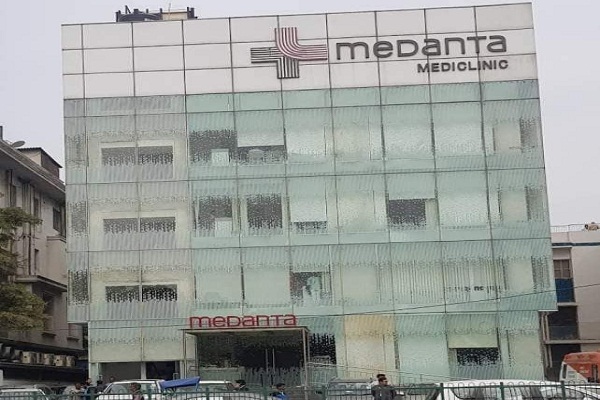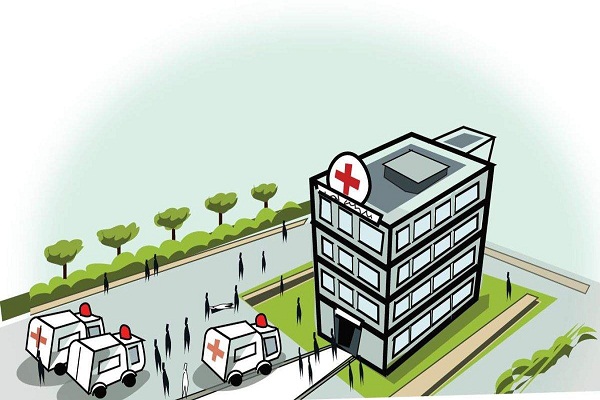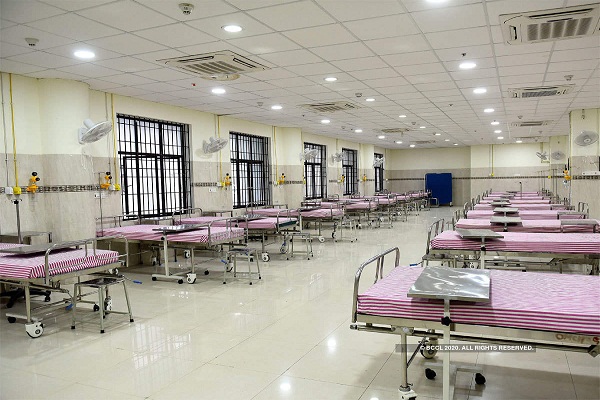

One of the major California university hospital has been discovering ways to gather and utilize genetic information collected from cancer patients, expecting to break fresh ground in a fledgling field of genomic medicine.
The University of California San Francisco said in an interview it is working on a new project with Silicon Valley start-up Syapse. Using Syapse’s technology, it wants to build a store of genetic data about various metastatic cancer cases with patients’ consent, theoretically sharpening treatment or even coming up with new therapies.

The application of genomics to cancer care is a rapidly developing field. Companies such as Foundation Medicine Inc are taking specimens from tumor cells to find changes or vulnerabilities that can inform care.
But UCSF hopes its use of data analytics can set it apart: Few hospitals are setting aside resources for a database of genetic and medical information that a panel of experts can analyze as part of routine care.
What is unique about UCSF’s methods is that its medical school is sequencing DNA from tumors and taking blood samples to assess overall cancer risk, said Robert Nussbaum, the medical geneticist leading the project. Nussbaum said he hopes to use the data to identify patients for targeted therapy as opposed to the usual chemotherapy.
With one such sample, UCSF’s researchers say they will use Illumina Inc’s technology to sequence more than 500 genes implicated in cancer.
Oncologists will recommend these genetic tests to patients with a recurrent cancer or those who are not responding well to treatment.
UCSF, one of the better-funded health providers in the region, would not say how much money has been set aside. Program manager Kristen McCaleb said she expects it to last three years.
Six-year-old Syapse’s technology stores genomics data in hospital IT systems. It integrates factors into its database such as whether the patient smokes, family history and the latest medical research.
McCaleb said while genetic tests are not new, the hospital had lacked the ability to integrate new data types into everyday care.
The hospital aims to accumulate test results from about 2,000 patients per year. McCaleb selected Palo Alto-based Syapse after reviewing vendors including Oracle. UCSF isn’t the only hospital to apply genomics to cancer. MD Anderson Cancer Center at the University of Texas and other facilities are launching similar initiatives to treat cancer patients.
But an associate at venture firm Asset Management Ventures, only a small number of hospitals are actually investing in tools for cancer genomics. Gene-sequencing tests are expensive and many physicians are reluctant to order them for patients.
According to Luke Lee, If we don’t collect enough data to indicate whether it’s useful, we will never understand if it’s useful. But if we don’t know it’s advantages and utility, no one pays for it. Somebody has to stop and eradicate the cycle.”
Be a part of Elets Collaborative Initiatives. Join Us for Upcoming Events and explore business opportunities. Like us on Facebook , connect with us on LinkedIn and follow us on Twitter , Instagram.




